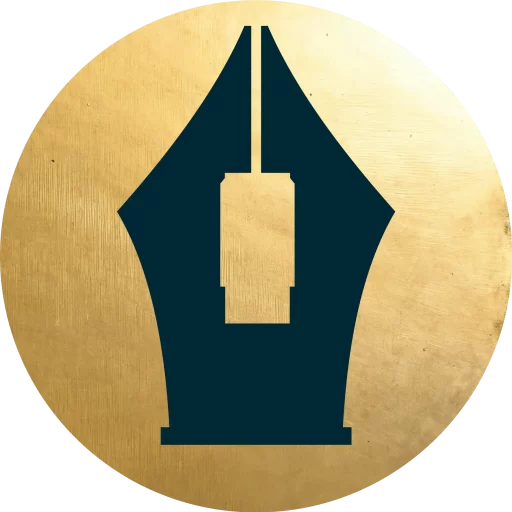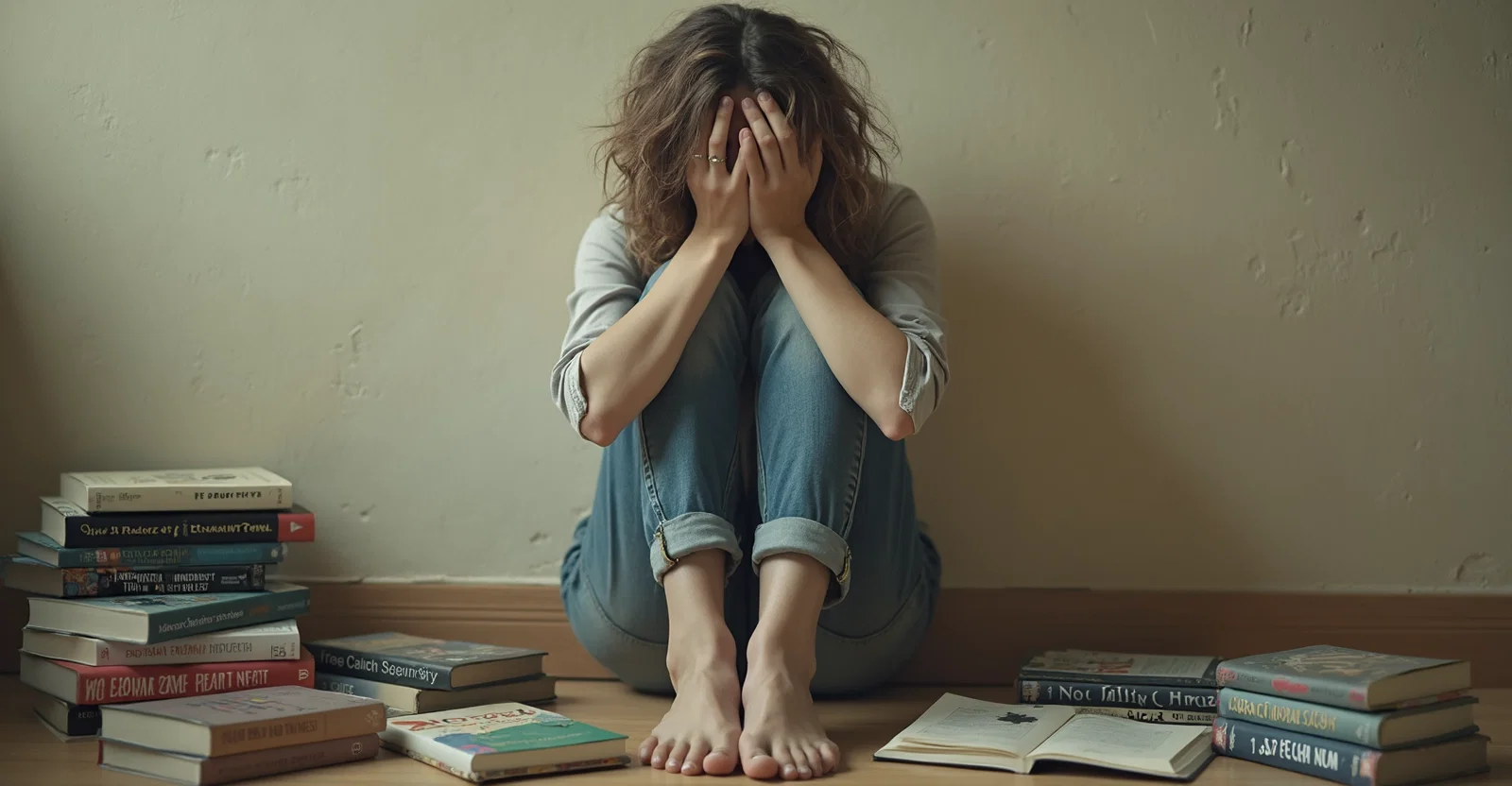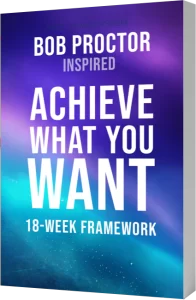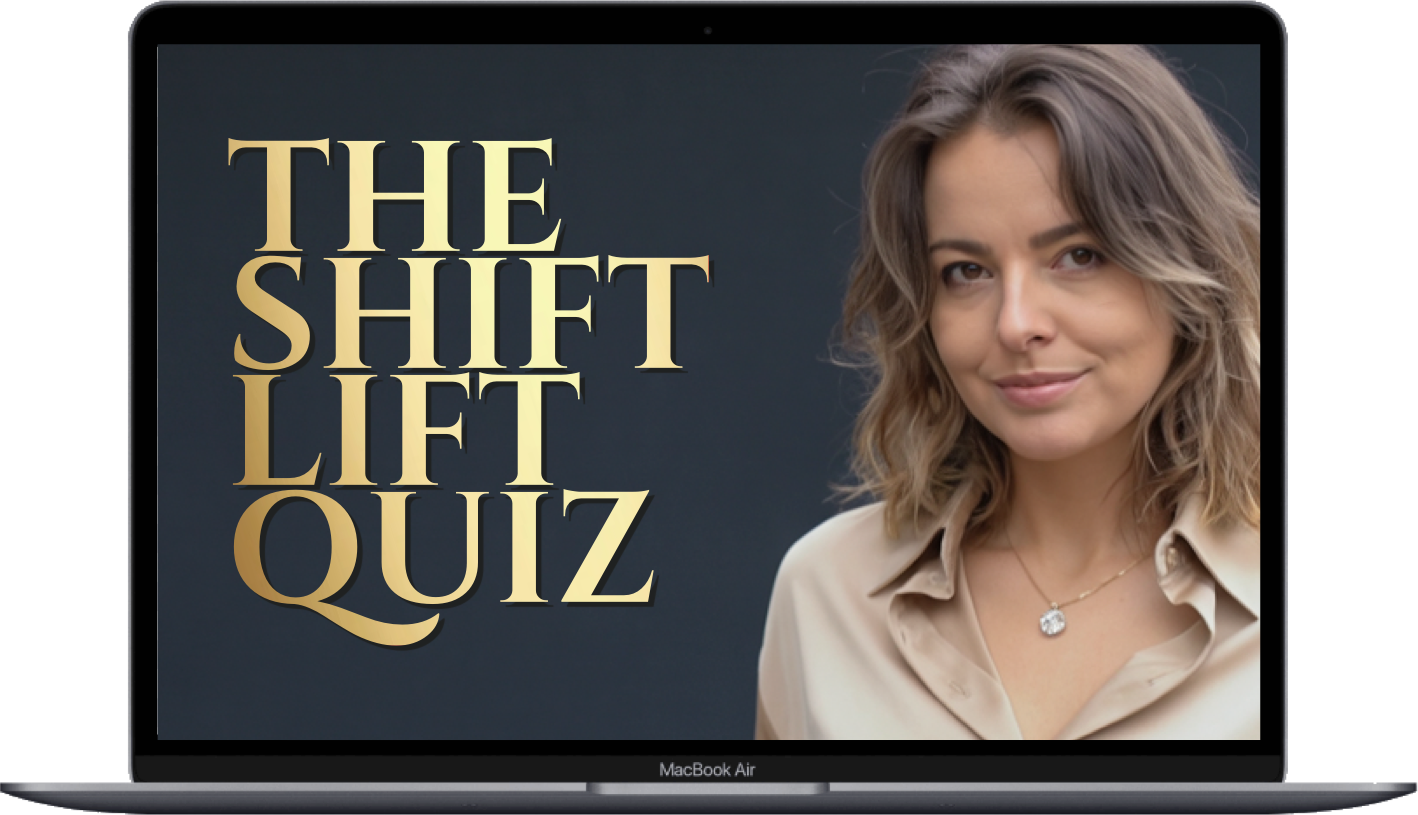Self-Help Is a Scam | The Self-Help Industry Doesn’t Want You to See This — and How to Actually Make It Work
Have you ever read a self‑help book?
At least one?
If not—bless your soul.
But the rest of us? We weren’t so fortunate.
Hi, I’m Natasha—the creator of Believe You Deserve and Message & Mindset Coach.
If you’re over 30, you’ve probably read at least one self‑help book. And it likely wasn’t a random title—it was one of those famous ones everyone talks about.
You read it.
You got inspired.
You started thinking differently—for a few days. Then… life happened. You drifted back to the familiar.
The spark that book gave you? Gone.
If that happened, don’t beat yourself up. You may have learned something. Maybe you even applied it briefly. But did it truly change you? Was the wisdom worth it?
Most self‑help books just repeat the same few ideas dressed in different metaphors.
One part of you says:
“See? I just need to try harder.”
Another whispers:
“But I want to change—why does nothing stick?”
And deep down:
“I’ve read so much… but I still feel the same.”
Here’s the hard data: about 19% of self‑help books are rated very helpful by psychologists, meaning they tend to be evidence-based, practical, and harmless. That leaves around 80% of self‑help books lacking those qualities.
A 2008 study of 50 top-selling self‑help books found only 48% included techniques backed by research, just 24% guided readers on tracking progress, and only 34% focused on long-term change rather than temporary feel-good boosts.
Though about 75% of self‑help readers report feeling a positive shift, research shows it tends to be surface-level and short-lived—not the deep transformation you ideally wanted. Hey, most of self-help books don’t even say anything new. It’s the same old set of advice packaged under new catch titles and colorful covers.
People often consume endlessly as a safe zone, avoiding the messy, vulnerable work of real change. The danger: becoming a “perpetual student” trapped in knowledge consumption but never integration. But the main element missing in most self-help books—even the ‘good’ ones—is something extremely important for any new knowledge to stick: actionable guidance and structure. Without a plan that not only provides a way to implement new knowledge, no new way of living will stick.
And I’ll go even further: having a framework alone isn’t enough. You always need a path to evaluate how it’s working—and whether it’s working at all.
Think of any empirically based meaningful process:
- In business, you don’t just advertise—you verify which message, creative, channel, and audience generate more qualified leads.
- In software development, no solid product launches without feedback on what people want, how they want it, and why.
It’s always implement → test → refine—no exceptions.
That’s precisely why for example, our Believe You Deserve course includes a 60‑day Apply–Test–Refine plan.
Because knowledge doesn’t stick if it’s not actively practiced—and it doesn’t transform unless it touches both mind and heart.
But what’s even more important is the direction, the purpose, the goal. Action without purpose is easy to give up on; purpose fuels consistency. Courage to show up imperfectly is the actual gateway to transformation, not flawless execution. Where are you going with all this change? What’s your north star? The ultimate reward.
Change for the sake of change is purposeless. Perfection doesn’t exist, and purposeless action will ultimately feel empty.
So, what’s the verdict? Our culture is addicted to consuming wisdom instead of embodying it. We binge books, chase those aha moments—and never spend them. We treat insight like currency—collecting more, spending none. That’s because we want to think and have an impression that we do the work without actually changing anything.
Because our survival system doesn’t want us to change. It wants us quiet. Silent. Same. Oh you want to change – just read the new book, think you are doing something so you can let me off the hook while I am craftily keep you in the same old state – protected from everything new. Protected from living.
The self help book phenomenon was not created by the desire to transform. It was created by a collective survival mentality matrix to give you an illusion of possibility of a transformation, a dopamine shot that will keep you happy for a while. Your brain rewards acquiring knowledge—but not the real transformation that comes from application. This creates an illusion of progress—anticipation without actual change. You can feel busy learning but still be stuck in the same place.
You are moving from one self help book, youtube video, instagram reel to another and think you are contributing to your growth while in fact you are still the slave of the Matrix where Everything. Always. Stays. The Same.
The truth? Most self‑help books shouldn’t exist. They should be self‑help cards: one message, one wisdom – one action to take. What works are action frameworks—guides that don’t just inspire thought, but drive change.
If you only implemented one activity from every single self-help book you have read or inspirational video you have watched, you would become unrecognizable within a year’s time.
Here’s your permission: If you’ve read every book and still feel stuck – you’re not broken. You’re being intentionally kept in a mindset of inaction. You’re just missing a system that turns wisdom into rewiring.
Next time you pick up a book, ask:
“Where will I apply this?”
“How will I track progress?”
“What will I do when it doesn’t work as intended?”
Don’t just use your highlighter or side notes, turn them into at least one action you commit to making part of your everyday life. Break goals into tiny steps so the brain can reward action and not just ideas. This rewires the brain toward real change. Real change happens when you feel it, practice it, and live it, not just understand it with your mind. But let it take over your whole being.
Please, let me know which self-help books actually made you take action. Let’s have a conversation!
And remember, you are not alone.




